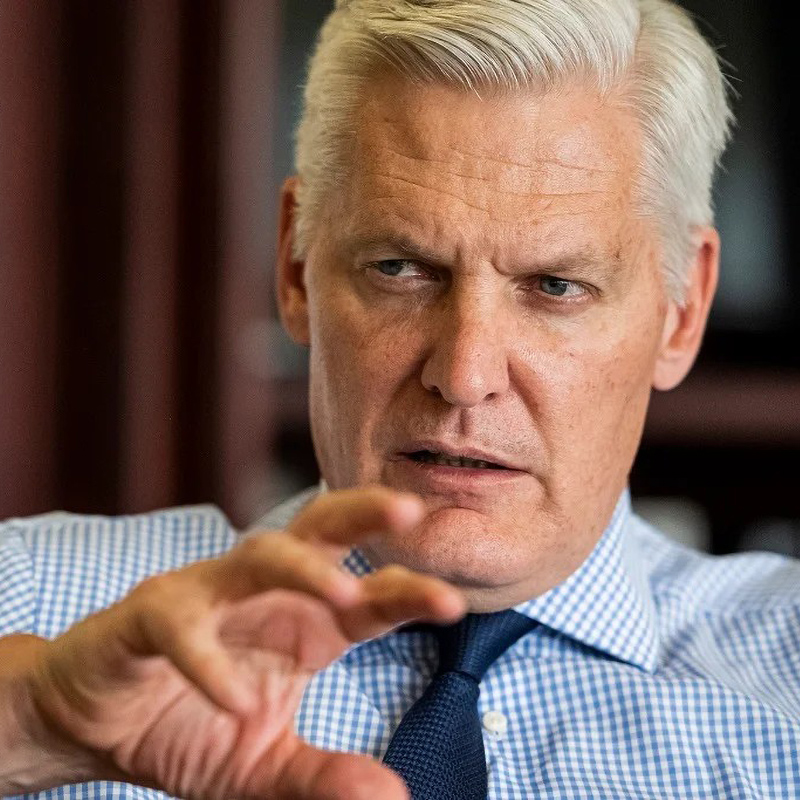André de Ruyter

Senior Fellow
André de Ruyter joined the Jackson School as a Senior Fellow in 2023, and he also holds secondary appointments the Yale School of Management and the Yale School of the Environment. Until February 2023, de Ruyter was the chief executive of Eskom Holdings’ Group, South Africa’s state-owned electricity company that provides 95% of South Africa’s electricity needs and approximately 45% of the electricity used across Africa. With more than 30 years in the energy sector, he has also held high-level positions at Sasol, a large South African chemicals and energy conglomerate. and Nampak, the largest packaging company in Africa. Within the energy industry, de Ruyter has been committed to responsible and rapid decarbonization and played a key role in conceptualizing and negotiating the $8.5 billion SA Just Energy Transition facility announced at COP26.
André joined us for a Q&A in January 2024.
Read Full BioAcross much of Africa, the lack of adequate energy supply and a reliable grid conspire to ensure that many of the 900 million people in sub-Saharan Africa are still in the grip of energy poverty. In fact, the average African uses less electricity per year than an American refrigerator. Without access to reliable and affordable energy, developmental challenges and lack of economic opportunity will continue to deprive much of Africa of the opportunity to grow to its full potential. Finding financing to ensure that Africa can meet its energy needs, without defaulting to fossil fuels, will be a key challenge going forward.
In order to ensure equitable outcomes, society needs to figure out how to give the Global South access to adequate funding to enable sustainable growth. This requires examining technology, financing, project execution, and geopolitical considerations to determine how these outcomes can be achieved in a manner that is defensible and politically feasible in the Global North. I don’t pretend to know all the answers, but I hope to co-create some helpful insights with my students as the semester progresses.
If the world’s young professionals embraced the challenge of climate change with the same alacrity and innovation that has characterized the pursuit of cryptocurrency, we would maybe be on a more encouraging trajectory to limit global warming. To do this, we need the sharpest minds in town to focus on developing solutions — and I know that quite a few of those minds are on the Yale campus already.